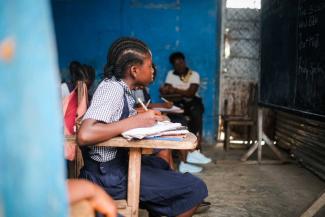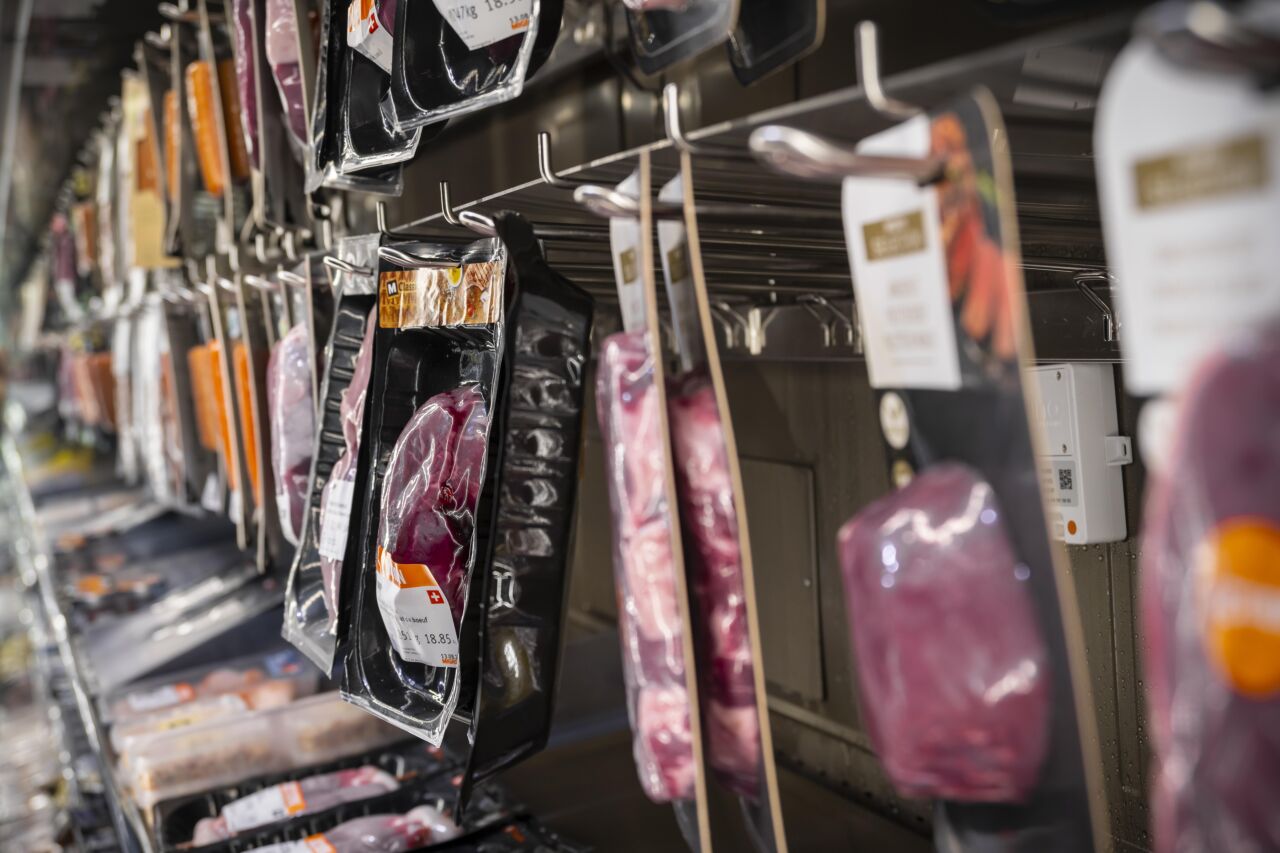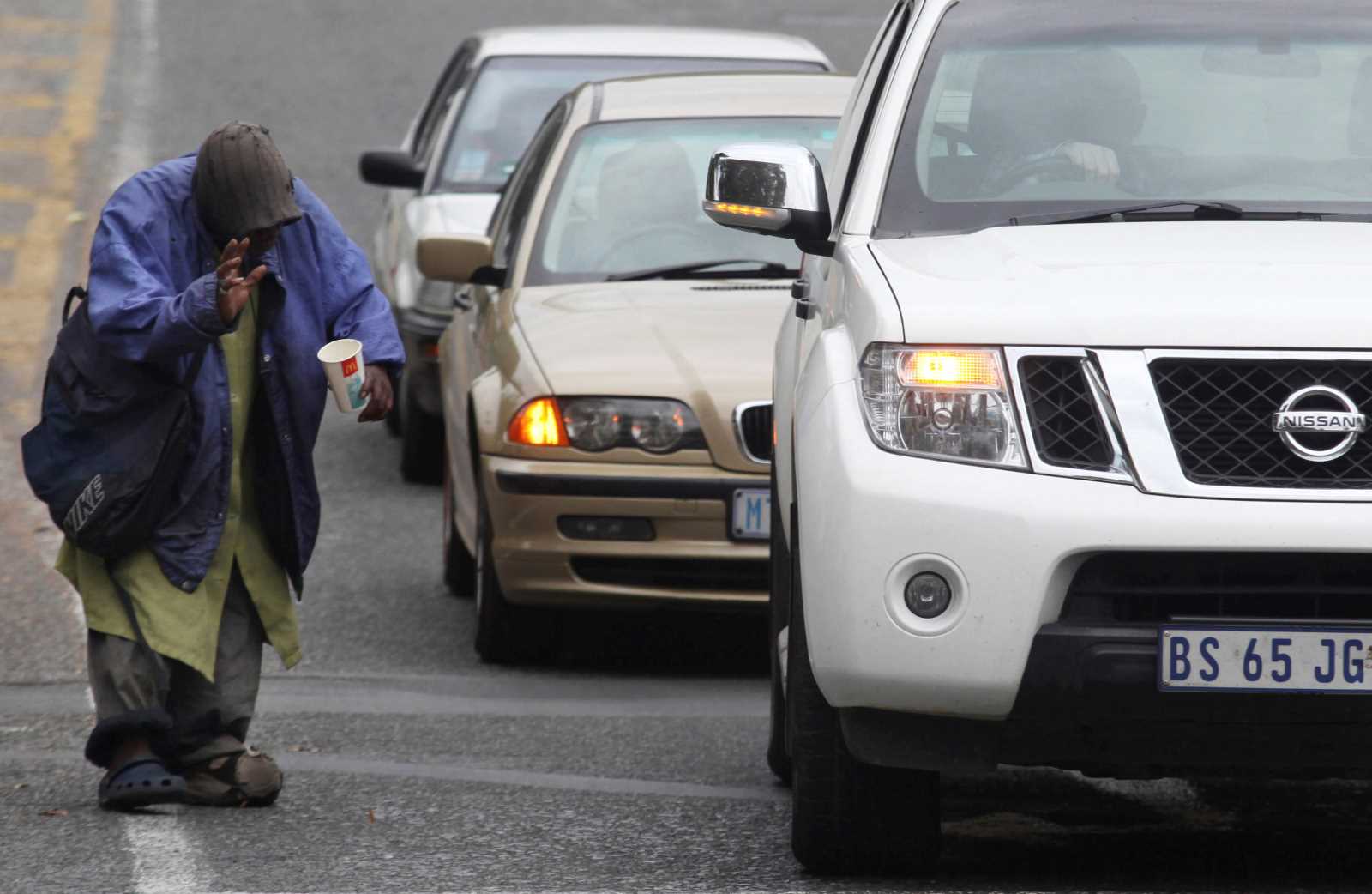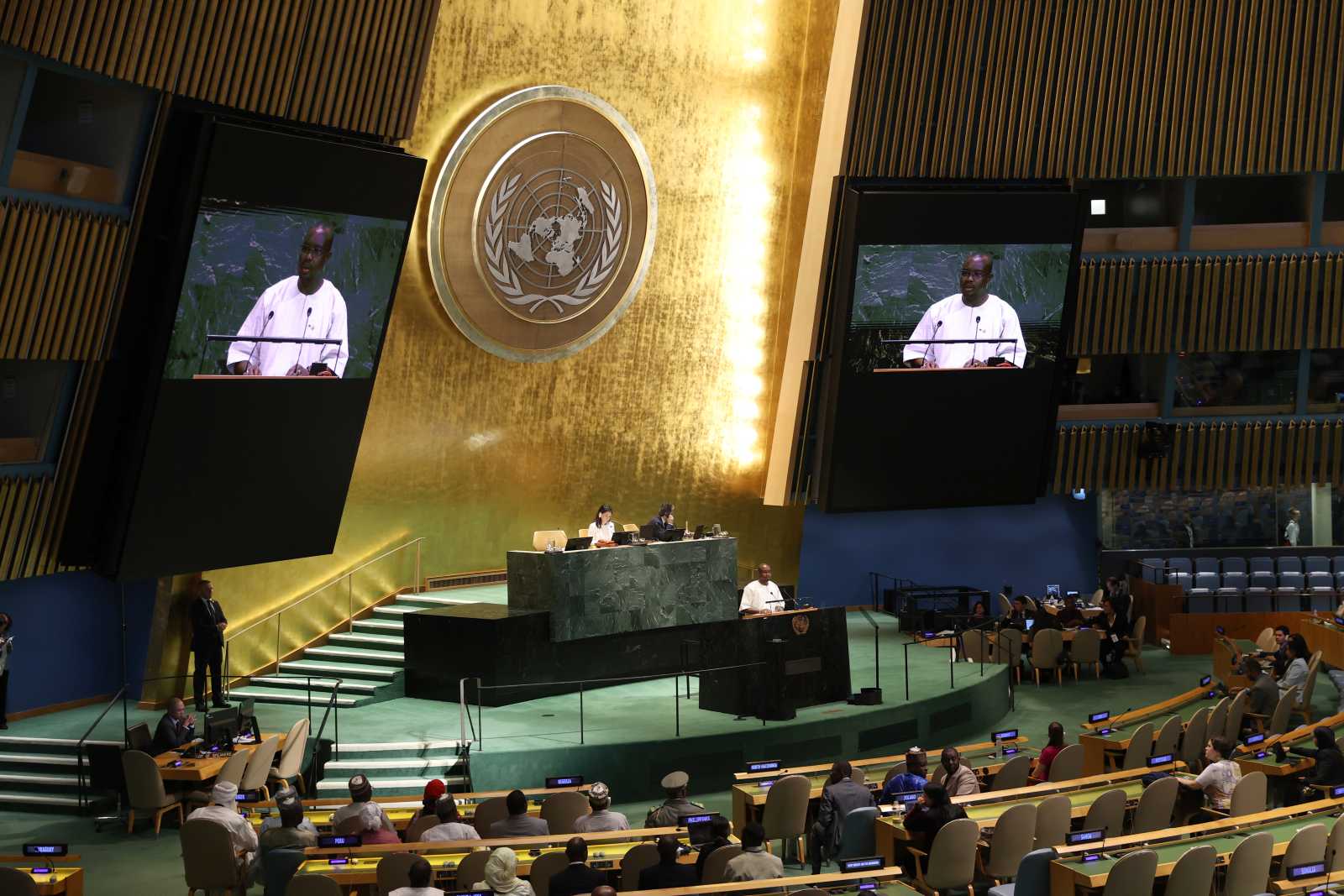Growth
What can help sub-Saharan Africa grow in an inclusive way?

In 1990, half of the people in sub-Saharan Africa, South Asia, East Asia and the Pacific region were living in extreme poverty. Three decades later, an estimated 35 % of the population of sub-Saharan Africa lived in extreme poverty, compared to nine percent in South Asia and one percent in East Asia and the Pacific. How is this possible given that almost half of the world’s 25 fastest-growing countries were in sub-Saharan Africa between 2000 and 2014?
The truth is that growth in sub-Saharan Africa has not been sufficient, nor efficient or inclusive enough to dramatically reduce poverty. Economic growth has not kept pace with the rapid growth of the population. Though the extreme poverty rate fell by around 20 % between 2000 and 2014, a surging population meant that the number of poor people in sub-Saharan Africa dropped by only 10 million.
Furthermore, the extent to which growth leads to poverty reduction in sub-Saharan Africa appears to be relatively low. A one percent increase in per capita GDP is associated with only a one percent reduction in poverty in sub-Saharan Africa, compared with a 2.5 percent reduction globally. This is linked to the quality of growth in sub-Saharan Africa, which is characterised by low human capital development and economic diversification, as well as insufficient structural transformation.
Moreover, sub-Saharan Africa is the region with the second-highest level of inequality in the world after Latin America. Among other things, this means that poverty reduction in sub-Saharan Africa is driven to a much greater degree by income growth (84 %) than by the more equitable distribution of income (16 %).
More than half of the inequality in sub-Saharan Africa is attributable to unequal opportunities due to factors such as place of birth, ethnicity, gender and family background, as well as market and institutional inefficiencies. As a result, unequal and limited access to employment and public services means that growth in sub-Saharan Africa is not inclusive – and this hinders poverty reduction.
Conflicts arising from economic and political exclusion are another inhibiting factor. According to the United Nations Economic Commission for Africa, African countries affected by widespread violence experienced a 20 % decline in annual economic growth and a 2.5 % deterioration of human development index scores between 1996 and 2022. Currently, 42 % of those living in extreme poverty worldwide are to be found in sub-Saharan African countries affected by conflict.
Governments must take responsibility
Against this backdrop, governments in sub-Saharan Africa must take action to ensure that the region does not lose the fight against poverty. Inefficiencies in public spending must be addressed, for example. Between 1980 and 2013, such inefficiencies resulted in losses of about 11.3 % of GDP. Addressing this challenge would free up resources that could be invested in sectors that make growth more inclusive and the economy more resilient to climate change and other external shocks that are also drivers of poverty.
Human capital must therefore be prioritised. Children born in sub-Saharan Africa today are expected to reach 40 % of their productivity potential by the age of 18. This figure is one of the lowest in the world. With further investment in education and health, the region’s demographic dividend could contribute 11 to 15 % to GDP by 2030 and reduce the number of people living in poverty by 40 to 60 million.
Agriculture is another priority area. Only three countries in the region – Burundi, Ethiopia and Mauritania – dedicated 10 % of their total public expenditure to agriculture during the period 2015 to 2023, as agreed by African governments in 2003 under the Comprehensive African Agricultural Development Programme. One of the aims of this agenda is to reduce poverty on the continent.
Spending on agricultural development makes sense because growth in this sector reduces poverty two to three times more effectively than growth in other sectors does. It also has the potential to improve self-sufficiency and lower the region’s spending on food imports, which amounted to $ 43.6 billion between 2018 and 2020.
Trade, taxes and remittances
It is equally important to remove the bottlenecks delaying the full implementation of the African Continental Free Trade Area (AfCFTA). This initiative aims to boost intra-African trade and was adopted by African heads of state and government in 2012. It has the potential to increase income on the continent by seven percent by 2035 and lift 40 million people out of extreme poverty.
Official international remittances, defined as money transfers by migrants to their country of origin, must also be promoted. A 10 % increase in official international remittances relative to GDP can reduce the proportion of people living in poverty by 2.9 %.
Finally, countries in the region must focus their fiscal policies more on the poor in order to reduce inequality. According to the World Bank, taxes paid by poorer households in sub-Saharan Africa are high relative to their income. To redistribute income, the Bank therefore proposes abolishing value added tax exemptions, which mainly benefit wealthy individuals, while the poor buy most of their goods on informal markets. In addition, tax incentives for companies must be reduced and taxation of the wealthy increased. Notably, property-taxes collection in Africa remains at 10 to 20 % of potential in most African cities. Moreover, most countries have not yet introduced net wealth and inheritance taxes.
Without good governance, poverty reduction in sub-Saharan Africa will clearly be impossible. In 2013, African Union heads of state and government launched the Silencing the Guns in Africa initiative and committed to ending all wars in Africa by 2020. They hoped to achieve this by addressing the root causes of conflict, including economic and social inequalities, and by ending impunity and ensuring accountability. To this day, however, various African regions are still plagued by conflicts that prevent the continent from realising its full development potential. Good governance is undoubtedly the most important factor for truly inclusive growth in sub-Saharan Africa.
Aimé Muligo Sindayigaya is an economist with nearly 20 years of experience in the financial services industry.
sindaimy@gmail.com


















